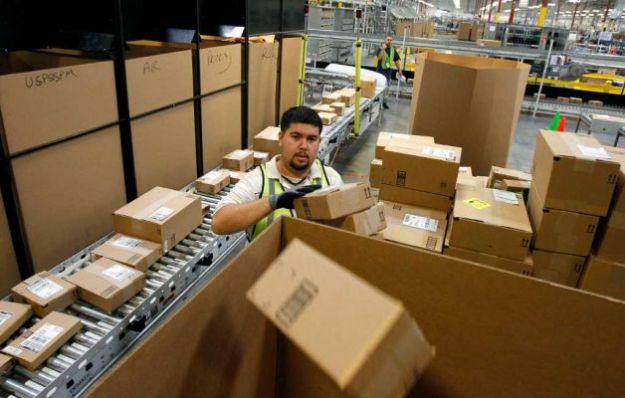
Earlier this week, both Amazon and eBay had a public debate in Washington in front of the House Judiciary Committee about the creation of a standard Internet sales tax that could be adopted by any state seeking increased tax revenue according to CNNMoney. Recently on the opposite side of the argument, Amazon is currently arguing in favor of a standardized tax in order to simplify the tax collection process. It’s likely that Amazon wants to avoid further litigation with states like California as well as cutting off affiliates in states that attempt to launch a statewide Internet sales tax. Online auction company eBay is arguing against the creation of an Internet sales tax and believe that the creation of that tax would put a financial burden on small businesses that use eBay as a storefront.

As of right now, federal law dictates that online sellers don’t have to collect tax on sales if they have no physical presence in the state. This has allowed online retailers to sell goods at discounted prices and undercut stores like Walmart and Target. California recently attempted to broaden the definition of “physical presence” to include any sites collecting affiliate revenue and operating within the state. After a legal spat with Amazon, California backed off and Amazon agreed to pursue an Internet sales tax regulated at the national level.


